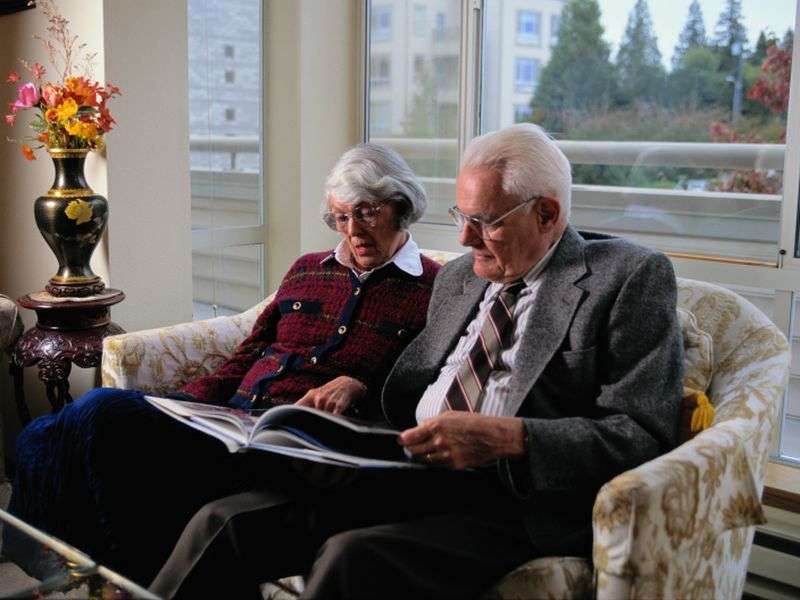(HealthDay)—Self-management group rehabilitation is beneficial for persons with dementia (PwD) and their spouses, according to a study published online April 5 in the Journal of the American Geriatrics Society.
Marja-Liisa Laakkonen, M.D., Ph.D., from Laakso Hospital in Helsinki, Finland, and colleagues conducted a randomized controlled trial in primary care and memory clinics involving 136 PwD and their 136 spouses. Couples were randomly allocated to receive usual care or eight weekly sessions of self-management group rehabilitation.
The researchers found that the spouse physical component of the RAND-36 improved for those undergoing the intervention and worsened for controls at three months (P = 0.006 after adjustment for age, sex, and baseline value). No between-group differences were seen on the mental component of the RAND-36, the Spousal Sense of Competence Questionnaire, or the 15-dimensional health-related quality of life (HRQoL) of PwD instrument. PwD change in verbal fluency was −0.38 in the intervention group and −1.60 in the control group at nine months (P = 0.011 after adjustment for age, sex, and Mini-Mental State Examination score); similar scores were seen on the Clock Drawing Test. Differences in incremental costs between the groups were −436€ and −896€ per person per year for PwD (P = 0.35) and spouses (P = 0.51), respectively.
"The intervention had beneficial effects on the HRQoL of spouses and the cognitive function of PwD without increasing total costs," the authors write.
More information:
Abstract
Full Text (subscription or payment may be required)
Journal information: Journal of the American Geriatrics Society
Copyright © 2016 HealthDay. All rights reserved.






















